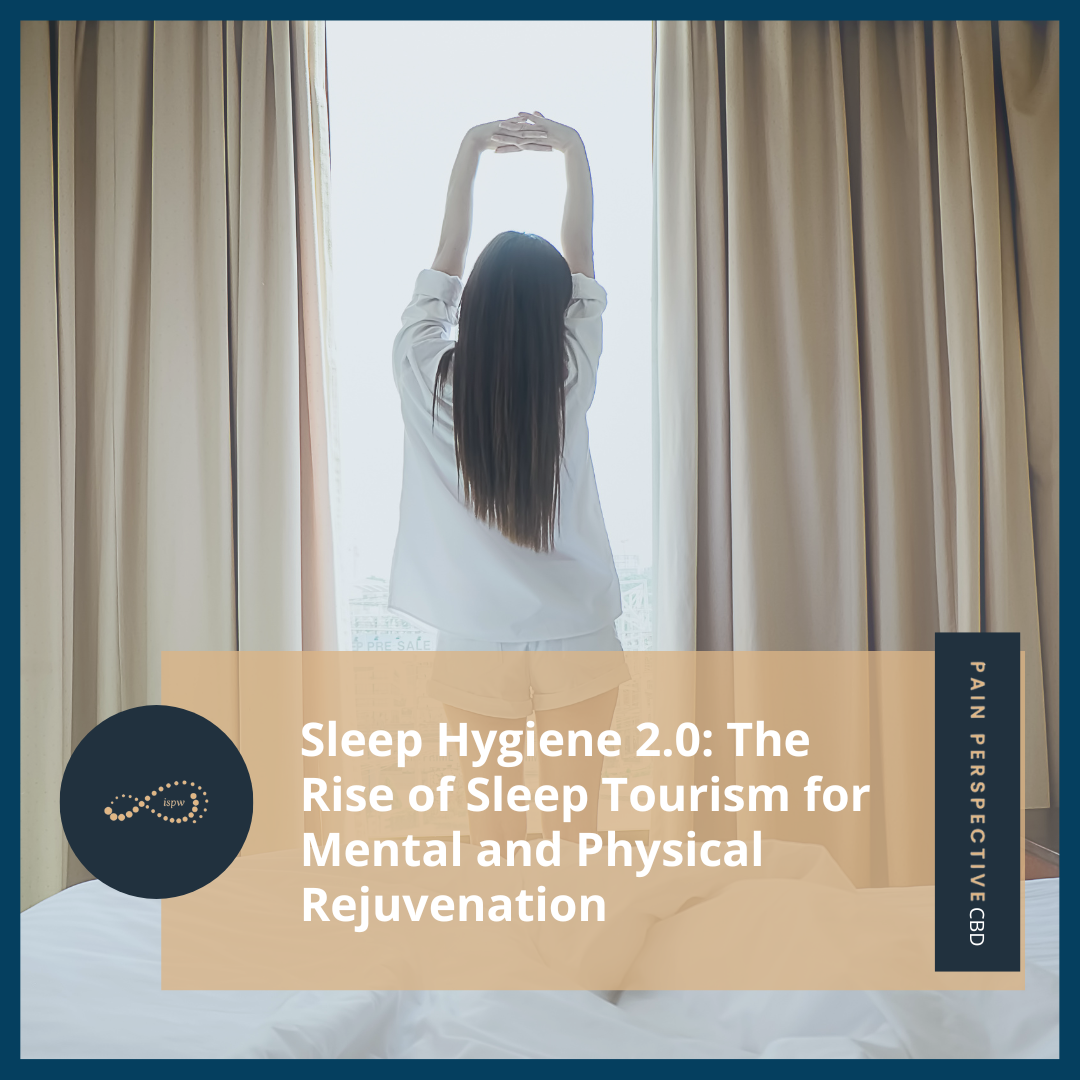
Introduction: Sleep as a Destination
Imagine traveling not for sightseeing or adventure but for the sole purpose of rejuvenating your mind and body through high-quality rest. This is the essence of sleep tourism, a growing wellness trend where travelers seek out destinations designed to optimize sleep. Whether it’s a sleep-focused hotel room or a specialized wellness retreat, sleep tourism aims to address the increasing need for better rest, offering travelers the opportunity to restore their health through enhanced sleep hygiene.
As modern life continues to place stress on our physical and mental well-being, sleep tourism taps into a fundamental need: rest. Let’s explore how this phenomenon is revolutionizing the travel industry and what it means for those seeking mental and physical rejuvenation.
What is Sleep Tourism?
Sleep tourism refers to a type of travel where the primary goal is to improve sleep quality. Hotels and wellness retreats around the world are developing sleep-centered experiences, complete with specially designed rooms, sleep-inducing treatments, and therapeutic environments.
Rather than focusing on sightseeing or adventure, these destinations prioritize rest and relaxation, offering services such as:
- Soundproof rooms designed to block out distractions.
- Sleep coaches who provide personalized advice on improving sleep hygiene.
- Sleep-inducing therapies such as massage, aromatherapy, and guided meditation.
Why Sleep Tourism is on the Rise
As the importance of sleep becomes more widely recognized, more people are seeking out ways to optimize their rest. According to the Centers for Disease Control and Prevention (CDC), one in three adults in the U.S. does not get enough sleep. The resulting fatigue impacts everything from mental clarity to emotional well-being.
Reasons Behind the Growth of Sleep Tourism
- Increased Awareness of Sleep’s Role in Wellness: People are becoming more aware of how sleep directly impacts their physical and mental health. Chronic sleep deprivation has been linked to conditions such as heart disease, obesity, and depression.
- Stress and Burnout: The demands of modern life often lead to burnout, leaving individuals desperate for a break that truly rejuvenates. Sleep tourism provides an opportunity to disconnect and reset.
- Desire for Deeper Relaxation: More travelers are seeking vacations that offer not just leisure but holistic wellness. The idea of a vacation focused on mindful rest aligns with this growing demand for meaningful relaxation.
How Sleep-Focused Destinations Optimize Rest
Hotels and wellness retreats offering sleep tourism experiences go above and beyond to create environments that promote deep, restorative sleep. Here’s what sets them apart:
1. Sleep-Focused Room Design Hotels catering to sleep tourists are incorporating sleep-friendly features into their rooms, including:
- Guided meditations that help guests relax their mind and body before bed.
- Massage therapy that targets muscle tension and promotes relaxation.
- Sound therapy using binaural beats or white noise to encourage restful sleep.
The Mental and Physical Benefits of Sleep Tourism
Mental Health Benefits
Sleep tourism provides more than just physical rest—it offers significant mental health benefits as well. Improved sleep quality can lead to:
- Enhanced mental clarity: Quality sleep helps improve focus and cognitive function.
- Emotional balance: Restorative sleep is essential for regulating mood and reducing anxiety.
- Reduced stress: Many sleep tourists report feeling less stressed and more emotionally balanced after sleep-focused vacations.
Physical Health Benefits
Chronic sleep deprivation can lead to a host of health issues, including weakened immune function and slower recovery from illness. By prioritizing rest, sleep tourism helps travelers:
- Strengthen their immune system: Adequate sleep allows the body to heal and repair itself.
- Reduce inflammation: Proper sleep reduces the risk of inflammation, which is linked to chronic diseases such as heart disease and diabetes.
- Improve overall well-being: Sleep tourism helps travelers leave feeling rejuvenated and ready to face the challenges of everyday life.
How to Choose a Sleep Tourism Destination
When choosing a sleep-focused destination, consider what type of sleep experience you’re seeking. Are you looking for a luxury hotel with enhanced sleep amenities, or do you prefer a wellness retreat that offers a full suite of sleep therapies?
Key Factors to Look For:
- Sleep Environment: Look for hotels with sleep-friendly rooms, including soundproofing, comfortable bedding, and options for temperature control.
- Therapies and Services: Consider whether the destination offers sleep coaching, meditation sessions, or other wellness treatments that promote better sleep.
- Sleep Technology: Some sleep-focused hotels integrate advanced sleep technology, such as smart mattresses that adjust to your body temperature or sleep-tracking wearables that monitor your rest patterns.
Conclusion: Prioritizing Rest Through Sleep Tourism
As the importance of sleep continues to gain recognition, sleep tourism is quickly emerging as a new way to rejuvenate both mind and body. By prioritizing high-quality rest, sleep-focused destinations offer travelers the chance to not only escape from the hustle of daily life but to return home feeling truly refreshed. Whether you’re looking to manage stress, improve sleep quality, or simply recharge, sleep tourism provides a holistic approach to wellness that is set to grow in popularity.
Interested in improving your sleep? Consider booking a stay at a sleep-focused hotel or wellness retreat, and experience how optimizing your rest can transform your well-being.
Disclaimer: These statements have not been evaluated by the Food and Drug Administration. This post is not intended to diagnose, treat, cure, or prevent any disease. Always consult with a healthcare provider before starting any new wellness routine.
